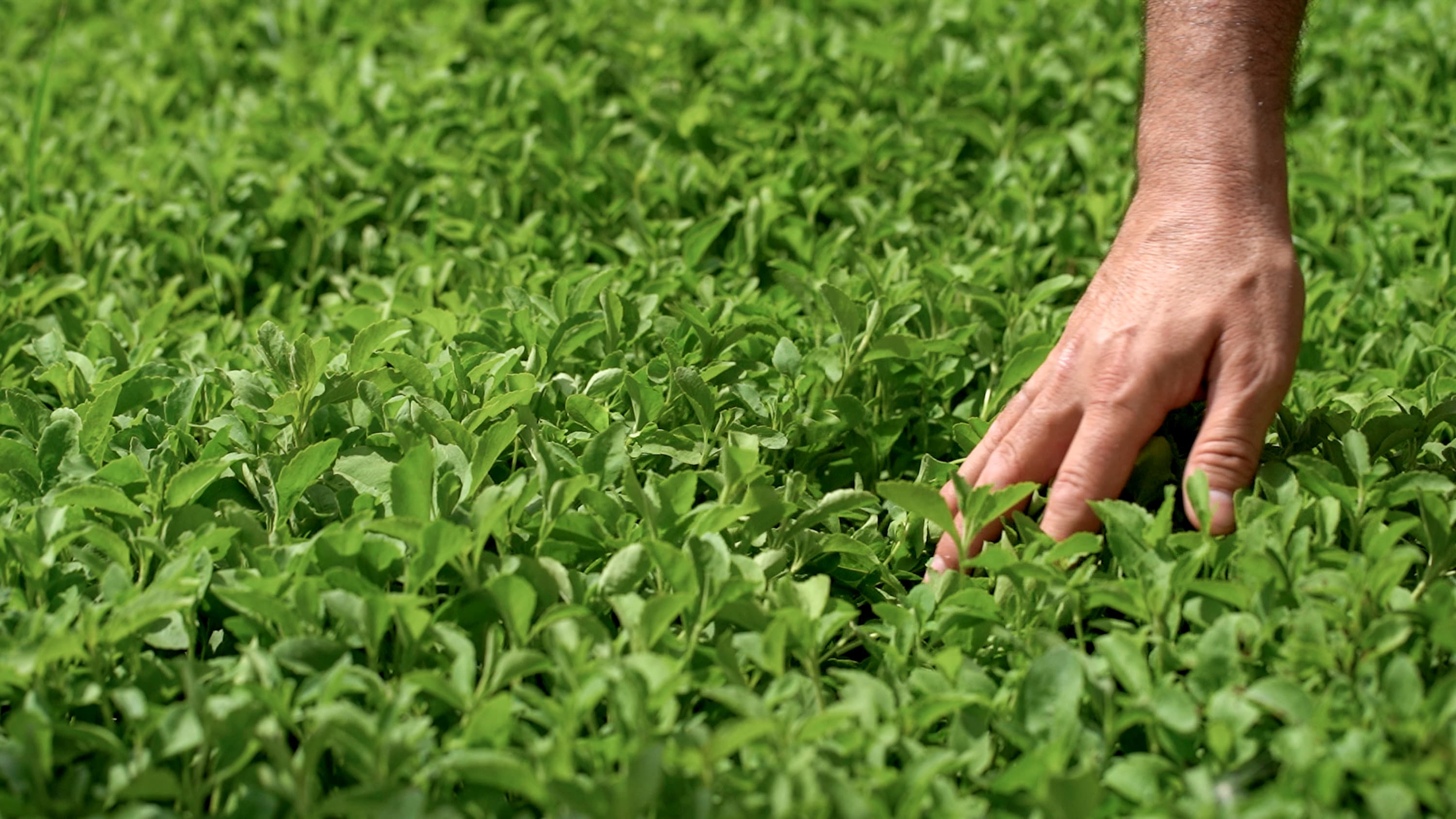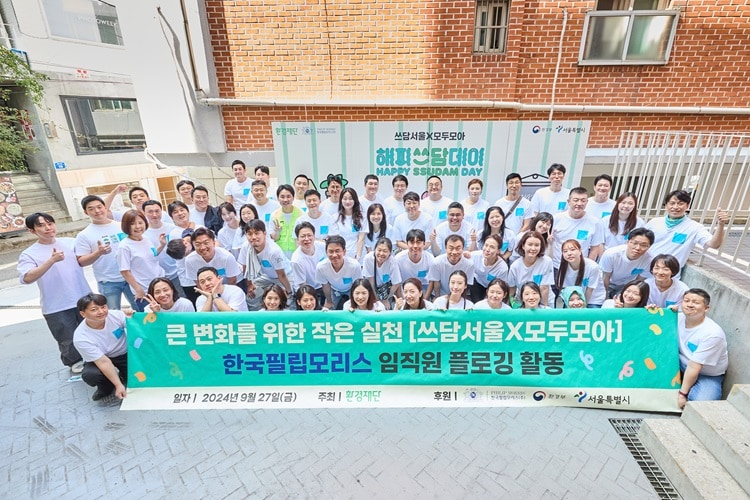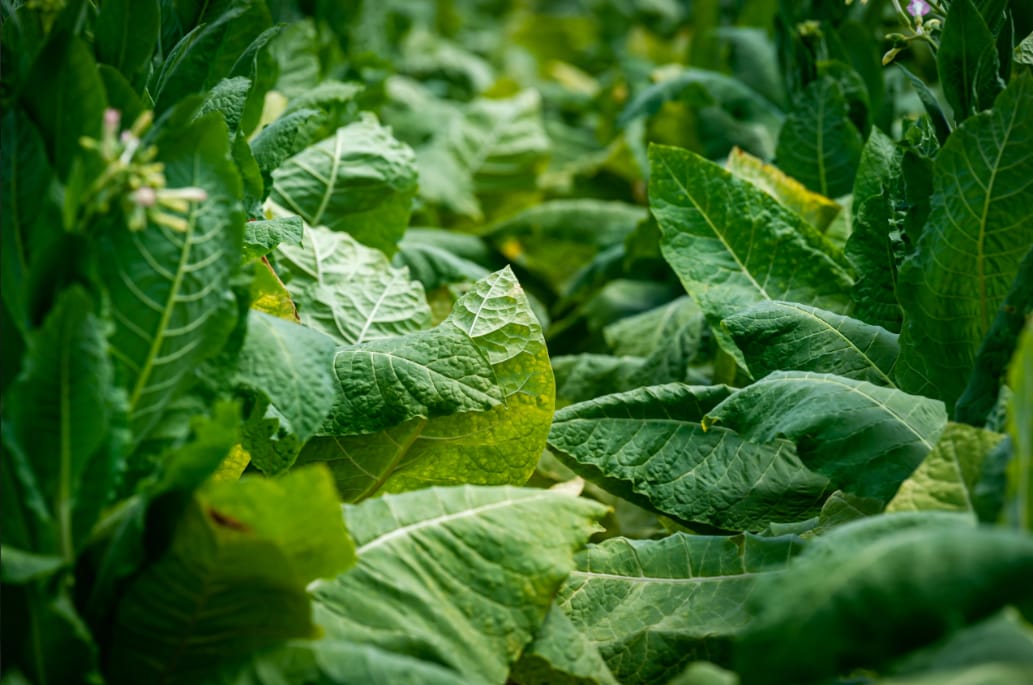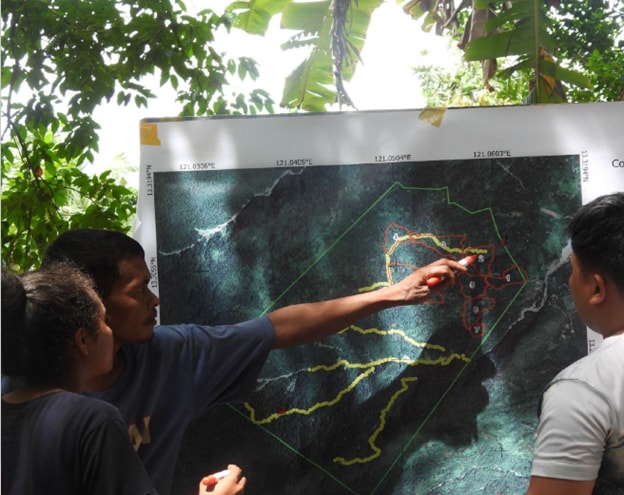Tobacco farming, previously a reliable income source for generations, is no longer viable for many farmers in Thrace due to decreasing smoking rates and more people quitting smoking or switching to alternatives such as heated tobacco products and e-cigarettes.
Located in the northeastern border of Greece, Thrace is renowned for its pristine natural environment and its history of tobacco farming dating back to the 17th century. For many, tobacco has been a labor-intensive but profitable crop for generations of farmers. However, with generally small landholdings, limited finances, and no evident alternatives, diversifying to include stevia crops has felt like an insurmountable challenge for many farmers.
Cultivating hope for a better tomorrow
A solution was needed, and together with Papastratos—Philip Morris International’s affiliate in Greece—we sought to contribute to a solution to the complex socioeconomic issues in this region by supporting an innovative three-year regenerative agriculture pilot called “From tobacco to stevia.”
Launched in 2021 during the COVID-19 pandemic with its associated restrictions, the pilot promoted regenerative farming techniques with zero use of pesticides, herbicides, or chemical fertilizers. It concluded in 2024 with an event at the Thessaloniki International Fair (TIF).
Caring for the quality of life of the people in our supply chain is a major contributor to our preparedness, resilience, and long-term success. Therefore, instead of disconnecting from farmers growing less tobacco due to declining demand—even without obligation to do so—we tried to support them by seeking an alternative crop, with the aim of helping them have a new source of income.
“Tobacco farmers have been an integral part of the history and success of our company,” said Iakovos Kargarotos, Director of External Affairs for Papastratos. “Since we stopped producing cigarettes in 2018 and fully shifted toward smoke-free alternatives, we’ve been dedicated to facilitating the smooth transition from tobacco to stevia. The latter is a crop with consistently rising global demand, hopefully capable of securing a stable income for these farmers.”
The decision was initially driven by practical reasons: Stevia, a natural sweetener, thrives in the Greek climate and has strong export potential. It requires similar farming techniques to tobacco, so farmers can repurpose existing machinery. Additionally, stevia cultivation doesn’t require a fallow period (when a field is left uncultivated for a season to recover) allowing farmers to earn in the first year of production.
Diversification: One field at a time
Throughout the pilot, Papastratos financed—via a three-year contribution—the total or partial transition to the new crop, working in close collaboration with Stevia Hellas Coop, an award-winning agricultural cooperative established in 2011 to produce high-quality stevia leaves and was supported by the Thessaloniki-based American Farm School. Support from Papastratos included providing seeds, soil, geotextiles (weed-controlling fabric) for nursery setup, and drip-feed irrigation systems.
Stevia Hellas was responsible for selecting the regions and tobacco farmers to participate in the pilot, as well as providing technical support for establishing crops, and theoretical and hands-on training for farmers. It also helped organize farmers into groups to reduce production costs and strengthen bargaining power, and—most importantly—guaranteed the complete absorption of the farmers’ production costs.
Altogether, 70 farmers were involved, cultivating 20 hectares of the new crop, and the scope grew over the course of the three-year pilot:
- Year one: 20 tobacco farmers from the Komotini and Xanthi areas of Thrace participated, cultivating approximately five hectares of land with new stevia plantations.
- Year two: The farmers founded the “Stevia Thrace” agricultural cooperative, and all fields within the pilot coverage were integrated into an organic farming program to achieve organic certification. That same year, in partnership with the American Farm School, a research initiative was launched with 40 farmers piloting regenerative and smart stevia farming techniques across approximately 10 hectares.
- Year three: A digital farmer’s diary was introduced, allowing for the detailed tracking of activities in each field. This tool ensured complete visibility and proactive management of cultivation practices, including water usage and organic fertilizers. By the end of the process, this system enabled the calculation of the crop’s carbon footprint, measured per hectare and per kilogram of the final product.
The future of stevia cultivation in Greece
Despite initial skepticism from farmers accustomed to growing tobacco, the pilot’s results have been highly encouraging. Papastratos and Stevia Hellas agreed that the latter would buy all the stevia produced for the three years of the pilot program at the market price at that time. Farmers also created a Stevia Cooperative Union from which Stevia Hellas continues to buy at market prices.
Christos Stamatis, CEO of Stevia Hellas, emphasized that “stevia is cultivated at a much lower production cost, because it doesn’t require pesticides and needs less irrigation, which results in significant savings of natural resources and energy. Additionally, the harvest and drying process requires less manual labor.
“Currently, around 60 hectares of stevia are being grown nationwide, offering substantial economic advantages to the farmers compared to staying with tobacco farming, with the majority of the product being exported to France, Germany, and the Netherlands.”
Elias Kalfas, Project Leader at the American Farm School, explained that the shift from growing tobacco to stevia represents a new chapter for local agriculture, grounded in environmental stewardship and the adoption of advanced agricultural technologies: “By integrating regenerative methods, the program boosts productivity and could lay the foundation for a future with a smaller environmental footprint and financial stability for local farmers.”
He added that he is not surprised by the success of tobacco farmers in this venture: “When we talk about tobacco farmers, these are people who do the hardest agricultural work. I believe that if you can grow tobacco, you can grow anything.”
The innovative power of collaboration
This piloted shift to stevia can mean more than just a change in crops—it can be an investment in the future of Greek agriculture and local communities. By supporting this pilot, Papastratos is aiming to foster sustainable growth in the agricultural sector through collaboration with farmers, companies, and academic institutions such as the American Farm School of Thessaloniki to deliver innovative solutions.
These solutions are increasingly being embraced by Thrace’s community of tobacco farmers, many of whom had not heard of stevia until they began growing it in their former tobacco fields and tasted its sweet leaves. Three years later, one of the participating farmers proudly stated: “While we grew up with tobacco, we want and hope our children will grow up with stevia.”





